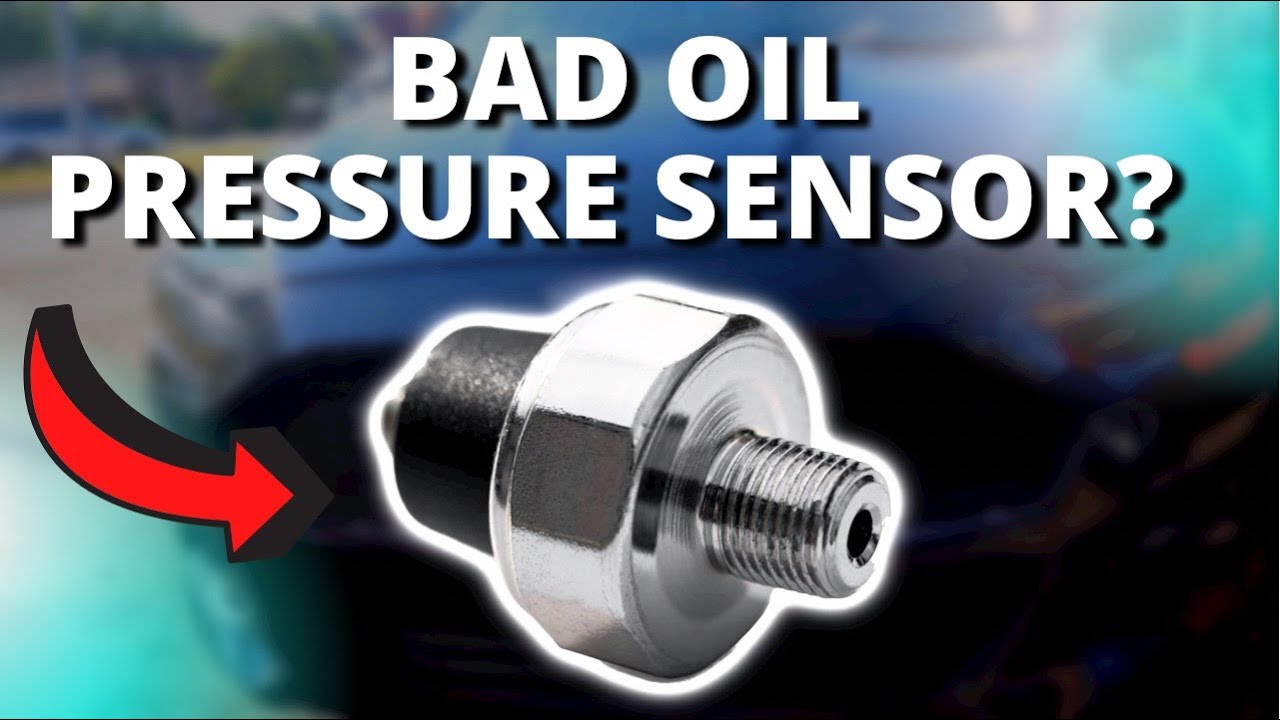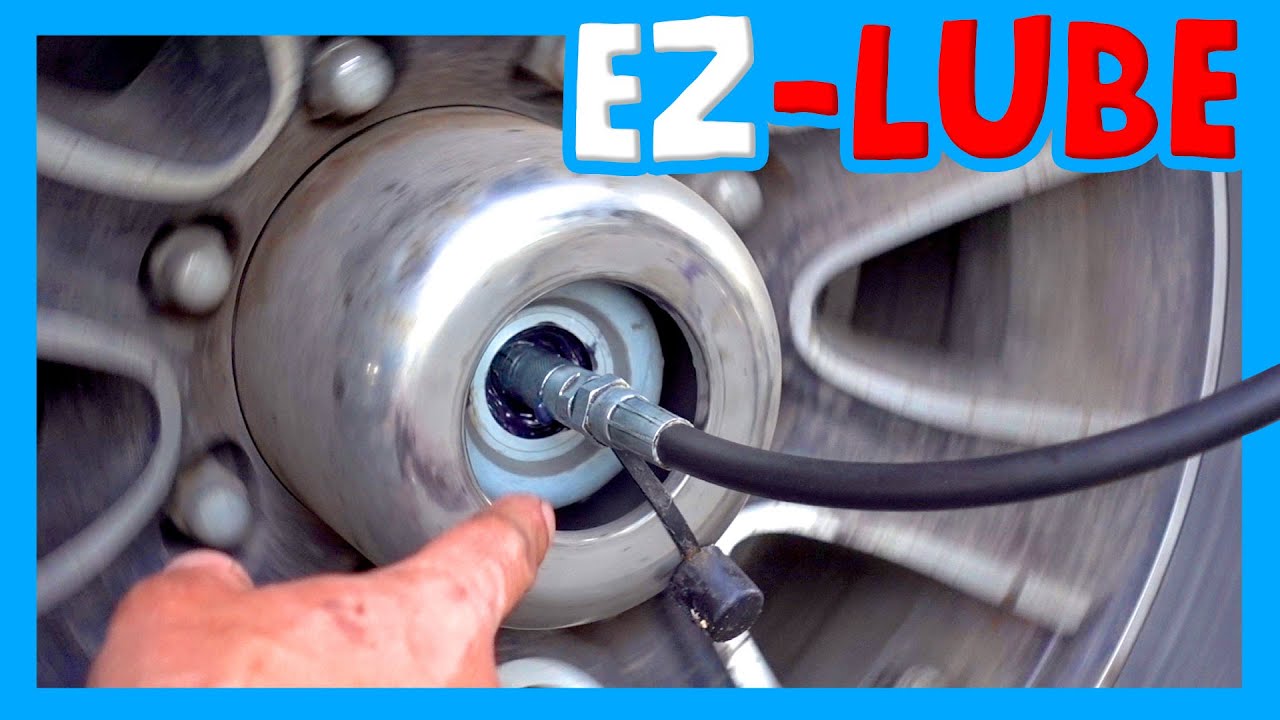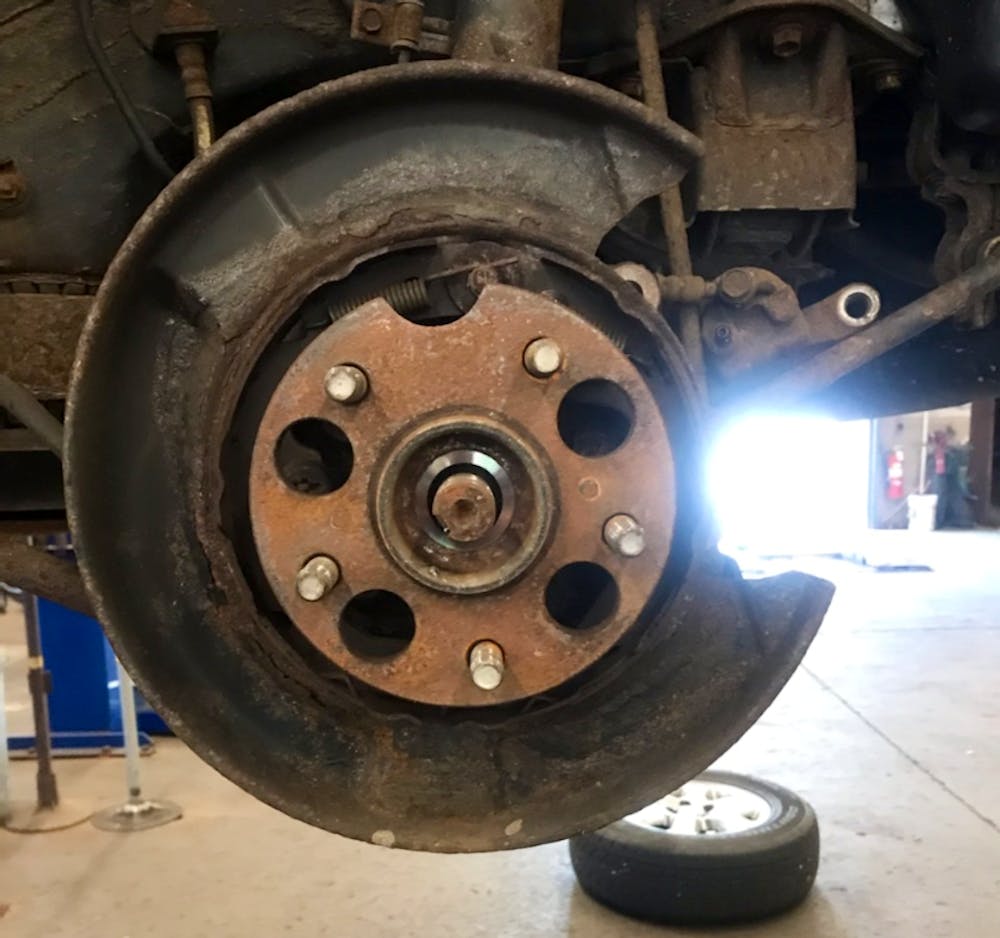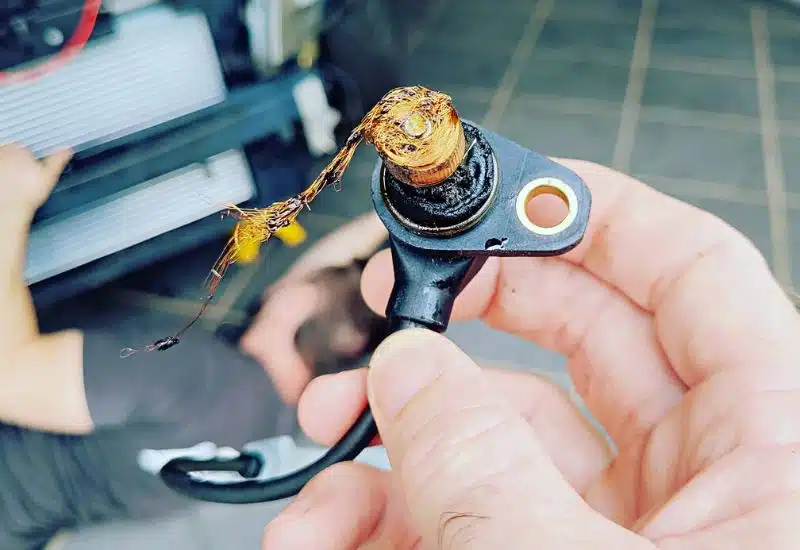Does Dhs Help With Car Repairs
The Department of Homeland Security (DHS) does not provide assistance with car repairs. DHS primarily focuses on public security, antiterrorism, border security, and disaster prevention and management.
Eligible individuals seeking financial aid for car repairs might explore other federal or local government programs, grants, or non-profit organizations. Assistance with car repairs is typically not within DHS’s scope, as their mandate concentrates on safeguarding the nation. Various community programs or social service initiatives usually offer this kind of support.
For those in need, exploring options with social services, local charities, or transportation assistance programs can be a worthwhile endeavor to find necessary aid for vehicle maintenance and repairs. It is essential to research and connect with organizations dedicated to helping low-income individuals or families maintain their transportation independence.
/cloudfront-us-east-1.images.arcpublishing.com/pmn/JVQF5TUWE5ECHJJ4A72P26P5DI.jpg)
Credit: www.inquirer.com
Introduction To Dhs Assistance Programs
Picture this: you’re facing an urgent car repair, and the cost is more than you can handle. The Department of Human Services (DHS) might have a solution. DHS offers a variety of assistance programs across the United States. These programs are helping individuals and families meet basic needs. Among those needs, crucial car repairs may qualify for support.
Scope Of Services
What kind of help can DHS provide for car repairs?
The scope of services varies by state. Some areas might offer grants, while others might provide low-interest loans or vouchers. These services are meant to get your vehicle back on the road quickly and efficiently. Here’s what you might find:
- Financial aid: One-time grants or emergency funds to cover repair costs.
- Loan programs: Options for long-term financial help with manageable interest rates.
- Referral services: Links to non-profits or community garages that offer discounted repairs.
Target Demographics
The DHS assistance for car repairs isn’t available to everyone. It’s aimed at certain groups who need it most. Below is a list of typical groups that DHS targets:
| Group | Why They Qualify |
|---|---|
| Low-income families | Limited resources to cover unexpected costs |
| The unemployed | Need transportation to secure a job |
| Disabled individuals | Transportation is crucial for independence |
| Single parents | Childcare and job responsibilities require reliable transport |
| Seniors | Fixed incomes make them vulnerable to unforeseen expenses |
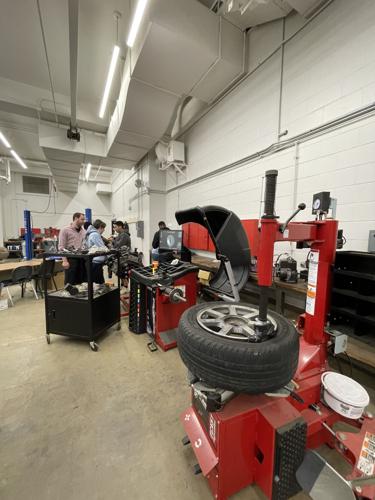
Credit: www.commercial-news.com
Exploring The Eligibility For Car Repair Assistance
Car troubles can strike unexpectedly and fixing them isn’t always cheap. Fortunately, the Department of Homeland Security (DHS) may offer some relief if you meet specific eligibility criteria. This assistance is a lifeline for those in need. Let’s dive into what qualifies you for car repair assistance. Remember, each program has its own rules, and they can differ by state.
Income Thresholds
Income limits play a big part in eligibility for car repair assistance. Your earnings must fall below a certain line. This line is often set at a percentage of the Federal Poverty Level (FPL). For instance, you might need to earn less than 125% of the FPL to qualify.
| Household Size | Annual Income Cap |
|---|---|
| 1 person | $16,000 |
| 2 people | $21,000 |
| 3 people | $26,000 |
Note that these numbers are examples and actual thresholds vary. Check with local programs for precise figures.
Documentation Requirements
To apply for help, proof is essential. You’ll need to show documents. Some common ones include:
- Your most recent tax return
- Pay stubs from the last three months
- A valid driver’s license
- Car registration
- Quotations for car repairs
Prepare these documents beforehand. It will make your application process smoother. Each program has unique requirements. Always reach out to them directly for a full list of what you will need.
Types Of Vehicle Assistance Provided By Dhs
When your car breaks down, the Department of Human Services (DHS) may be a source of support. Unexpected car troubles can create barriers to employment, medical appointments, and other vital life activities. Recognizing this, DHS provides vehicle assistance programs to eligible individuals. Let’s explore the types of vehicle assistance that DHS offers to help people stay on the road to self-sufficiency.
Emergency Repair Programs
For those facing urgent car troubles, DHS offers Emergency Repair Programs. These initiatives are designed to help with sudden and unexpected automotive issues that could impede your daily responsibilities.
- Engine and transmission repairs to keep vehicles running smoothly.
- Brake replacements to ensure safe driving conditions.
- Critical safety features, like fixing seatbelts or airbags.
Programs might cover costs directly or offer vouchers. It is vital to check with your local DHS office to understand specific offerings and eligibility requirements.
Long-term Transportation Solutions
Beyond emergencies, DHS understands the need for reliable long-term transportation. Solutions include:
- Subsidized auto loans to help purchase a reliable vehicle.
- Maintenance workshops teaching car care to prevent future issues.
- Partnerships with local organizations providing donated cars to eligible participants.
Long-term programs aim to create sustainable transportation options. They empower individuals towards self-sufficiency by resolving ongoing transportation challenges.
Navigating The Application Process
Navigating the Application Process for assistance with car repairs can be tricky. Individuals who depend on their vehicles for daily essentials and jobs might find relief through Department of Human Services (DHS) programs. This blog post outlines the necessary steps and highlights common pitfalls during the application process – ensuring a smoother journey towards getting the help you need.
Steps To Apply
Securing financial aid for car repairs begins with a clear action plan. Follow these steps to apply:
- Research: Find local DHS car repair assistance programs.
- Eligibility Check: Ensure you meet the criteria set by DHS.
- Gather Documents: Compile necessary personal and vehicle information.
- Complete Application: Fill in all details accurately on the required forms.
- Submit: Send your application through the correct channels.
- Follow Up: Stay proactive and check on your application status.
Common Pitfalls And How To Avoid Them
Applicants often encounter roadblocks that can delay or disqualify their requests. Major pitfalls include:
- Incomplete Forms: Double-check for missing information.
- Wrong Information: Verify details before submission.
- Missed Deadlines: Keep track of all important dates.
- Lack of Evidence: Provide clear proof of the need for repairs.
To navigate these challenges, adhere to the following:
| Pitfall | Solution |
|---|---|
| Misplacement of Documents | Organize all paperwork in one folder. |
| Not Following Instructions | Read the application guidelines thoroughly. |
Success Stories: Impact Of Dhs’s Car Repair Aid
Access to reliable transportation is crucial for day-to-day life. The Department of Homeland Security (DHS) offers assistance programs that can help with car repairs for qualifying individuals. Real people have experienced significant changes thanks to this aid. Their stories highlight the program’s powerful impact.
Personal Anecdotes
Sarah’s story: Sarah, a single mother, faced a broken-down car. The repair costs exceeded her budget.
DHS stepped in, Sarah kept her job and maintained stability for her family.
Mike’s journey: An unexpected car issue threatened his new job.
With DHS’s support, Mike secured his employment and avoided potential job loss.
Economic And Social Outcomes
DHS’s car repair aid not only impacts individuals but also communities.
- Job retention
- Increased employment opportunities
- Reduced economic strain
- Improved access to essential services
| Outcome | Impact |
|---|---|
| Job Security | People keep their jobs and continue earning. |
| Community Growth | Stable employment reinforces local economies. |
Alternative Resources For Car Repairs
When your car breaks down, the fix can be pricey. Not everyone can afford it. Thankfully, options exist outside of government help. This section focuses on those alternatives. Read on to discover how nonprofits and community groups might be your key to getting back on the road.
Nonprofits And Charities
Organizations dedicated to helping those in need often run car repair programs. They serve low-income families and individuals. Explore these options:
- National offerings like Good News Garage or Modest Needs provide aid in many places.
- Local groups may offer one-time grants or low-cost repair services.
- Ask about eligibility. Each group has its own rules.
Local Community Initiatives
Community-based programs can be a treasure trove of support. They often come through when you least expect it:
- Social media groups. Platforms like Facebook have local buy, sell, trade or free help pages.
- Auto mechanic training centers. Some offer free or low-cost services as part of their training programs.
- Churches and synagogues. Faith-based organizations sometimes provide aid or host car-care events.
- Word of mouth. Friends, family, and neighbors might know who can help.
Frequently Asked Questions For Does Dhs Help With Car Repairs
Does Dhs Offer Financial Aid For Car Repairs?
The Department of Human Services (DHS) may offer financial assistance for car repairs through certain welfare programs for qualifying individuals, such as those participating in job assistance or Workfare programs. Eligibility requirements vary by state and program.
What Programs Provide Car Repair Assistance?
Some states have specific programs under DHS that assist with car repairs, such as TANF (Temporary Assistance for Needy Families) or other local welfare services. Non-profit organizations might also offer car repair assistance for those who qualify.
How Do I Qualify For Dhs Car Repair Aid?
Qualifying for car repair aid from DHS typically depends on factors such as income level, employment status, and whether the vehicle is essential for work or medical reasons. Contact your local DHS office for precise criteria.
Can I Get Emergency Car Repair Funds?
Emergency car repair funds may be available through DHS if your situation meets the urgent criteria set by your state’s assistance program. Proof of necessity for emergency transportation is usually required to access such funds.
Conclusion
Navigating financial hurdles can be tough, especially when car troubles arise. Thankfully, DHS programs may offer assistance. It’s worth exploring this support if car repairs threaten your mobility and budget. Remember, eligibility criteria and assistance levels vary, so reach out to local DHS offices for precise information.
Safe driving starts with a well-maintained vehicle and the help you need could be just an application away.

